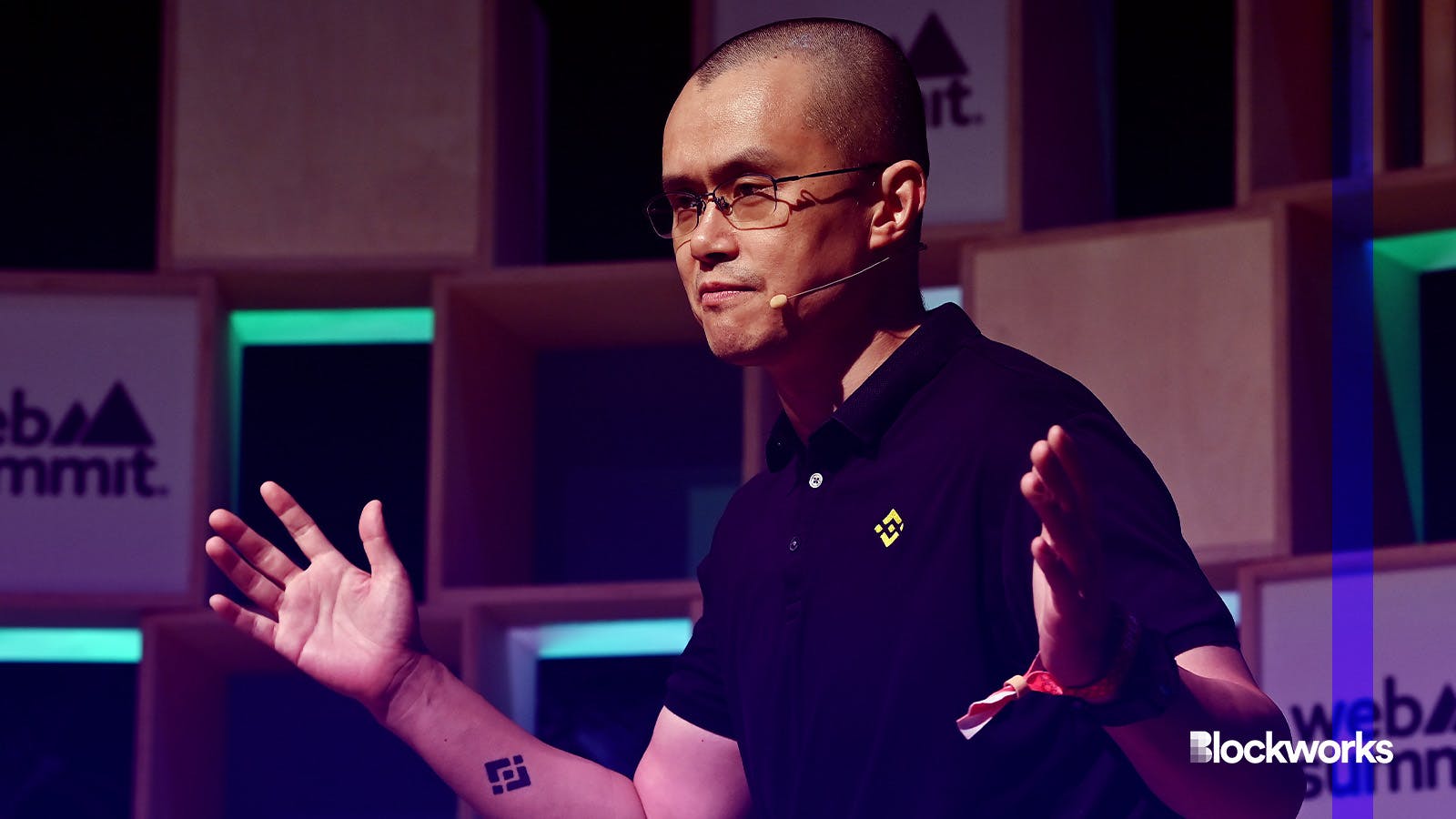Judge orders former Binance CEO Changpeng Zhao to ‘surrender’ Canadian passport
A judge in Washington modified the former Binance CEO’s bond on Monday

Binance co-founder Changpeng Zhao | Piaras Ó Mídheach/Web Summit via Sportsfile/"PO1_4700″ (CC license)
US District Judge Richard Jones modified former Binance CEO Changpeng Zhao’s bond ahead of sentencing.
Zhao — a Canadian citizen — was ordered to surrender his Canadian passport to a third-party custodian employed by his lawyers. He isn’t able to apply for new passports or travel documents either.
“The third-party custodian must retain control over that Canadian passport and must accompany Defendant on any travel that requires identification documents,” the Monday filing said.
Additionally, Zhao must also remain in the continental US and must inform “Pretrial Services” before any travel.
Read more: Here are the details of Binance and Changpeng Zhao’s plea deal
The US government sought to modify the bond earlier this year, arguing that the original bond expectations were set when the prosecutors believed that Zhao would be returning to the United Arab Emirates, which is his primary residence with his family.
Late last year, Zhao pushed to be allowed to go back to the UAE. However, a judge ordered him to stay in the US. This decision was made in part because the US does not have an extradition treaty with the UAE.
The former executive’s legal team initially objected to the government’s request, but prosecutors further argued that the requests were “commonsense” requirements.
Zhao is set to be sentenced on April 30 after the initial sentencing date was delayed.
Late last year, a handful of US government agencies announced that they had taken action against Binance and its former CEO.
As part of the Department of Justice settlement, Zhao agreed to a plea deal and resigned as the chief executive. Binance agreed to pay a multi-billion dollar fine as well.
Get the news in your inbox. Explore Blockworks newsletters:
- The Breakdown: Decoding crypto and the markets. Daily.
- 0xResearch: Alpha in your inbox. Think like an analyst.






